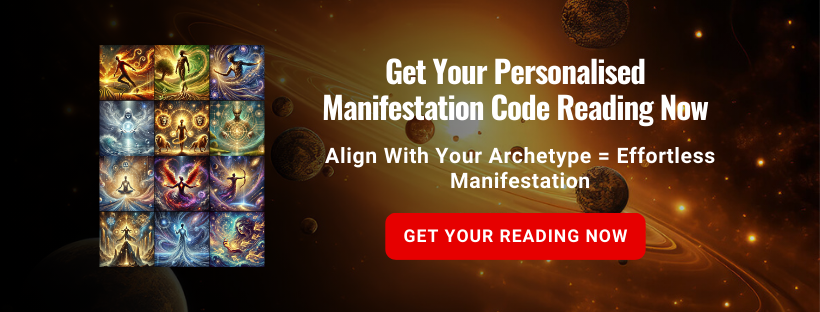The Groovy Language of the 1970s
The 1970s was a decade of significant cultural change, from disco to punk rock, from Watergate to the oil crisis. The language of the era reflected these dramatic shifts with colorful, expressive slang and terminology that captured the spirit of the times.
Our 70s Word Generator helps you discover authentic language from this vibrant decade, perfect for writers, event planners, or anyone with a fondness for the disco era.
Cultural Context of 70s Language
The 1970s language evolved from several major cultural movements:
Hippie Influence
Though the hippie movement peaked in the late 1960s, its linguistic impact carried well into the 70s. Terms like "groovy," "far out," and "right on" remained popular, expressing appreciation and agreement. The peace movement's legacy continued with phrases like "keep on truckin'" and "peace out."
Disco Culture
As disco rose to prominence, it brought its own vocabulary. "Boogie" became a popular term for dancing, while "dynamite" and "outta sight" expressed enthusiasm. The disco scene was all about being "hip" and avoiding anything "square."
Urban and African American Influences
Terms like "crib" (for home), "solid" (for excellent), and "rap" (for talk) entered mainstream vocabulary from urban communities. The increased visibility of Black culture in music, film, and television helped popularize these terms nationwide.
Categories of 70s Terminology
70s Slang
The decade's slang ranged from the enthusiasm of "dynamite!" to the dismissive "what a drag." People described attractive individuals as "foxy" or "stone fox," while approval was expressed with "solid" or "hip." Negative situations were often called a "bummer" or "bogus."
70s Phrases
Distinctive phrases like "catch you on the flip side" (goodbye) and "can you dig it?" (do you understand?) characterized conversations. "Keep on truckin'" encouraged persistence, while "let's blow this pop stand" suggested leaving a boring situation.
70s Fashion Terminology
The fashion vocabulary included "bell bottoms," "platform shoes," "leisure suits," and "hip huggers." Accessories like "mood rings" and "puka shells" were all the rage, and homes featured "shag carpets" in vibrant colors.
70s Technology Terms
The decade saw terms like "8-track," "quadraphonic sound," "citizen's band radio" (CB), and early references to "microcomputers." The personal technology revolution was just beginning with devices like the "pocket calculator" and the "Walkman" appearing late in the decade.
Popular 70s TV Shows and Their Influence
Television shows of the 1970s significantly influenced popular language:
- Happy Days - Though set in the 50s, this 70s show popularized phrases like "sit on it" and kept terms like "cool" in the mainstream.
- Saturday Night Live - Launched in 1975, SNL introduced catchphrases that became part of everyday speech.
- All in the Family - Archie Bunker's malapropisms and distinctive language became cultural touchpoints.
- The Mary Tyler Moore Show - Reflected changing attitudes about women in the workplace through its dialogue.
Using 70s Language Authentically
If you're writing dialogue set in the 1970s or planning a 70s-themed event, remember these tips:
- Language varied significantly by region and subculture - West Coast hippie slang differed from East Coast urban terminology
- Use slang sparingly for authenticity - not everyone spoke in slang constantly
- Consider the character's age and background - older adults in the 70s wouldn't typically use youth slang
- Research the specific year within the decade - 1971 sounded different from 1979

